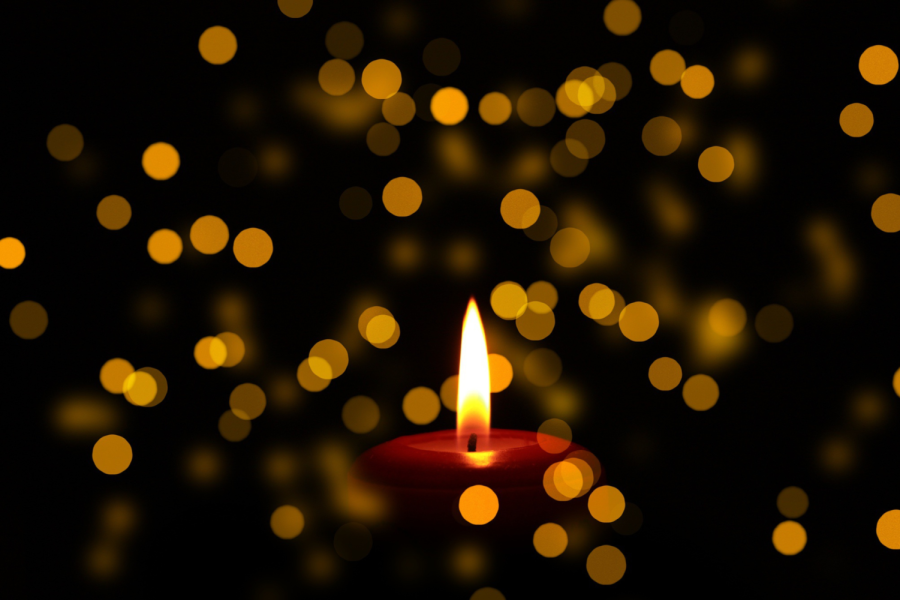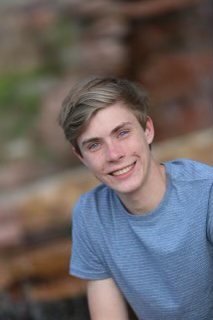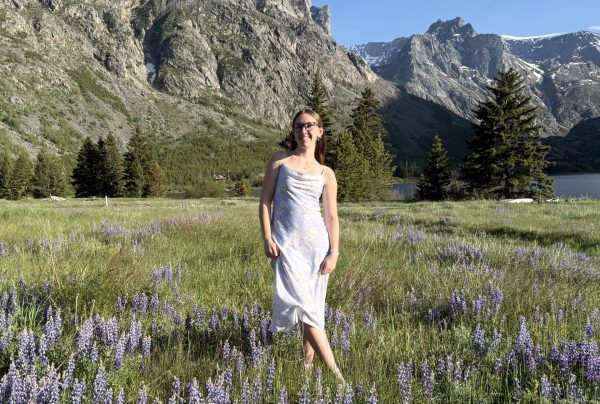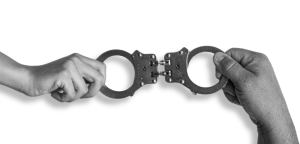Finding meaning in death
Used with Permission by Canva/Geralt
According to Mental Floss, “In at least one version of telegraph code, LOL meant “loss of life.”
November 15, 2022
I don’t believe that I am going to die. I know that I will, but I don’t believe it. I doubt that any of us have truly come to terms with the fact that they will reach an end to our existence as we know it, and transition into a much more ambiguous, scarier state of consciousness. Being dead is one of the few things that we simply cannot imagine, like trying to think of a new color or taste. Yet, despite not truly having processed that we will die, the concept continues to influence every aspect of our lives.
No matter whether you believe in life after death, a lack of it or anything in between, death itself is still an inevitability. As we grow older, death becomes more and more real, as people we know reach the end and as we slowly run out of new experiences. Our reactions to this vary wildly, but the main question that festers in our minds, becoming louder and louder with the passing of each day, is whether any of it matters. If any of the joy and suffering that have shaped our lives, if any of the good and evil we have done or if any of what we have created and destroyed in our approximately 73 years on this planet will matter in the end. I don’t think it will, at least, not on a cosmic scale.
Our planet has existed for 4.53 billion years. Of those, humans have only existed for 300,000; only 0.007% of the Earth’s age. In seven to eight billion years, our Sun will die, likely killing all life on our planet and with it, everything that our species has accomplished. We already know how our story will end, and it’s not happily ever after. But what does matter is that we’re alive at all. Though it’s been said a million times, our existence in itself is a biological miracle. The probability that we even exist at all is so astronomically low that it has led people to believe that it must have meaning, and it does. Beyond just being alive, we’ve been granted the ability to think, a trait few other species possess. Beyond thinking, what defines us as humans is primarily our understanding of our own death, something that we know will happen but haven’t accepted.
As a society, we try to beat death in countless ways. We create religions, we follow strict dieting routines, we have as many children as possible. We create art, we wage wars, we try to make positive change. Despite the inevitability and totality of death, we still try to find some sort of loophole; something that would absolve us from the plane of existence that 109 billion of our ancestors are now trapped in. Even though we likely won’t admit it, every second since we were brought into this world, we have been fighting for our lives.
Despite not accepting death, we regularly use it as justification for our choices. People who ultimately decide to exist in the moment and seek nothing but pure happiness say that because nothing matters, neither does the nothing they’ve ultimately accomplished. People who do all they can to accumulate the most material value or respect possible do what they do to build something that is able to outlive them. The thing about the absolutism of death is that it means every possible interpretation of it is valid.
When I’m at my lowest, I know whatever I’m dealing with at the time will eventually be past me, and it helps me get through it. When I’m at my highest, I know it will end, and it helps me savor the moment. What makes the highs of life so enjoyable is the knowledge that they are never a guarantee. What I know is that for me at least, death has been an empowering thing.
Though I say that none of us have a way to envision death, I don’t think that’s necessarily true. A way I like to think about death is by trying to remember my seventh-grade year of school because I can’t. I have vague feelings and memories of the time, but ultimately I fail to remember who I was, what I did with my free time and if I was happy. And yet, I know that year in some way contributed to who I am. Perhaps that is what it means to be alive. Maybe our lives, likely to be forgotten in just a couple of generations, are valuable in that they are a tiny moment in the history of humanity; a small explanation of who we are today, and what we will be tomorrow.









